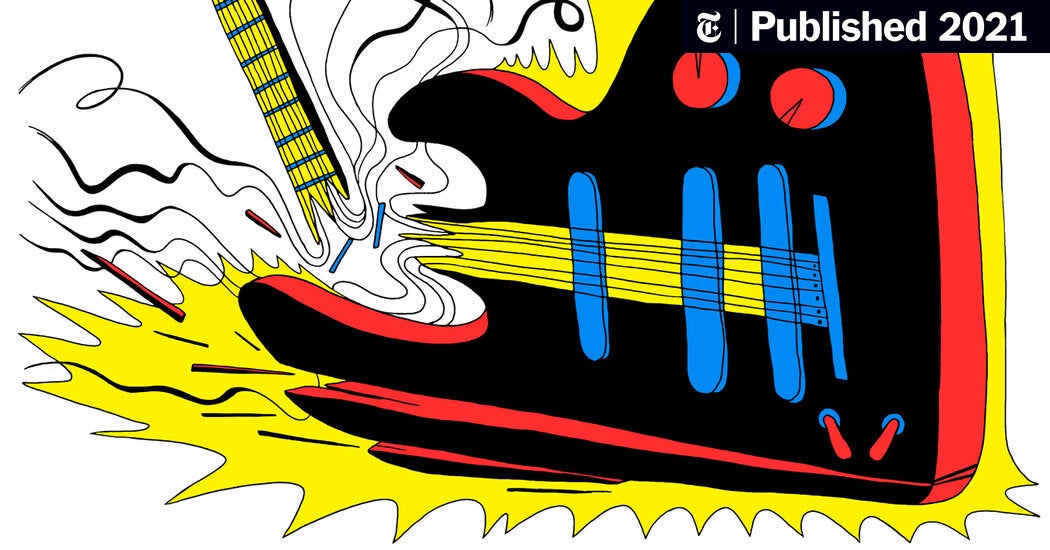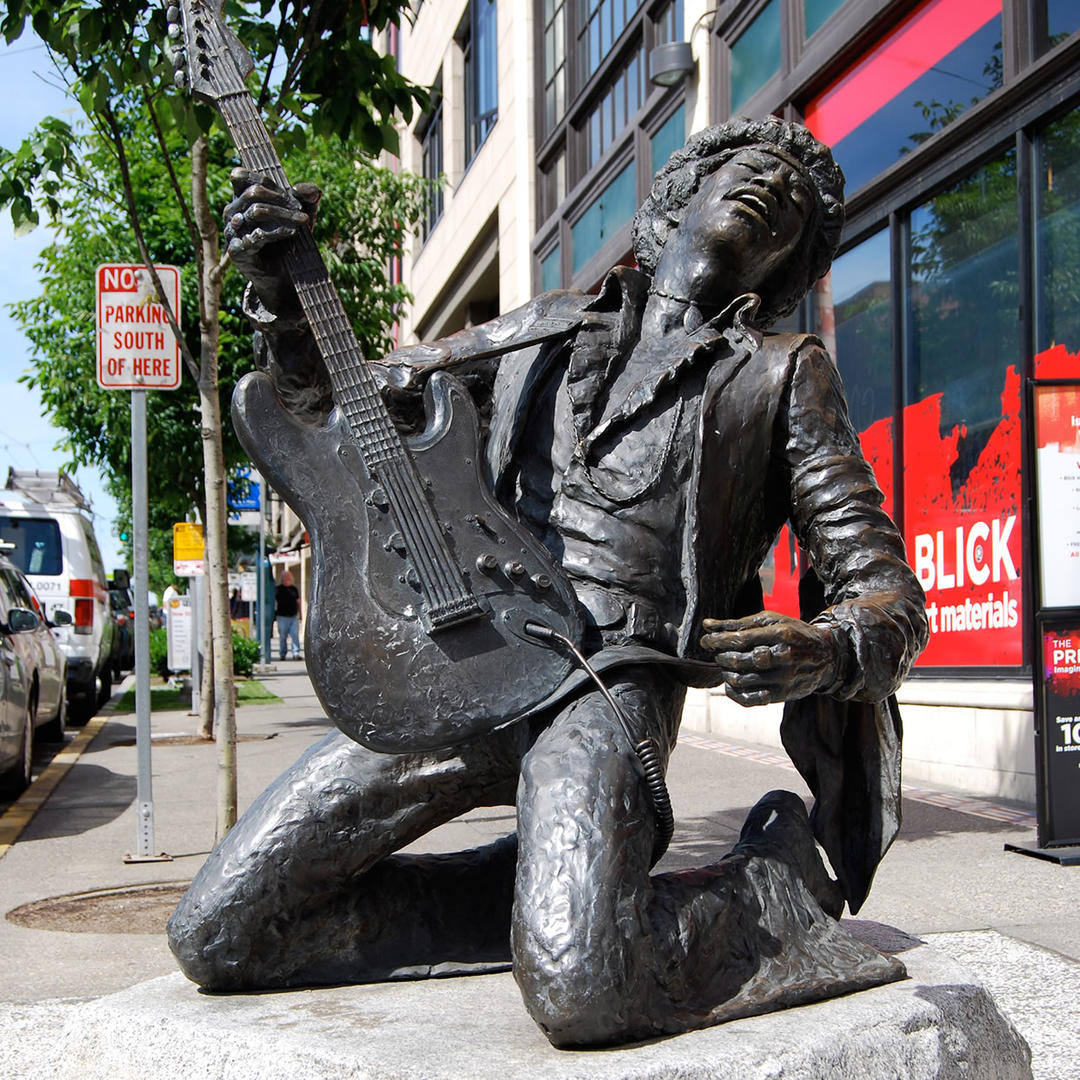
By Jennifer Finney Boylan
Contributing Opinion Writer
A long, long time ago — I can still remember how that music used to make me smile.
“American Pie,” Don McLean’s generation-defining ballad, was released on vinyl 50 years ago this October. The first time I ever heard it, I was with my sister in our kitchen. I was 13. I was eating a bowl of Alpha-Bits cereal. It came on the radio, and my sister — only a year older but centuries cooler — told me, “This is the greatest song ever.”
It’s impossible for me to hear that song now without thinking of her.
But when Patrisha McLean, Don McLean’s ex-wife, hears “American Pie,” she isn’t reminded of golden moments of adolescence or even the classic age of rock ’n’ roll memorialized by the song. Ms. McLean says she was subjected to years of emotional and physical abuse from her former husband.
Ms. McLean was married to her husband for 29 years before the night five years ago that she made a 911 call. In the aftermath, Mr. McLean was arrested on suspicion of domestic violence. He was charged with six misdemeanors; he pleaded guilty to four as part of a plea agreement in which the domestic violence charge would be dismissed after a year. For the other three charges — criminal restraint, criminal mischief and making domestic violence threats — he paid some $3,000 in fines.
Since then, Ms. McLean founded Finding Our Voices, a Maine-based nonprofit dedicated to educating people about domestic abuse and providing services for victims. Meanwhile, Mr. McLean was honored in August with a star on the Hollywood Walk of Fame. He denies having ever assaulted his wife, and his lawyer has said that he pleaded guilty “not because he was in fact guilty of anything but to provide closure for his family and keep the whole process as private as possible.” His iconic song still plays on the radio.
Advertisement
Continue reading the main story
The past several years have seen a reassessment of our country’s many mythologies — from the legends of the generals of the Confederacy to the historical glossing over of slaveholding founding fathers. But as we take another look at the sins of our historical figures, we’ve also had to take a hard look at our more immediate past and present, including the behavior of the creators of pop culture. That reassessment extends now to the people who wrote some of our best-loved songs. But what to do with the art left behind? Can I still love their music if I’m appalled by various events in the lives of Johnny Cash or Elvis or Jerry Lee Lewis? Or by Eric Clapton’s racist rants and anti-vaccination activism?
Of course, there is no easy answer here. Even Ms. McLean doesn’t think “American Pie” should be banned from playlists, like some other pieces of classic rock produced by disgraced musicians. Gary Glitter’s “Rock and Roll (Part 2),” more popularly known as “The Hey Song,” for instance, was pulled from airplay after the musician was convicted of possession of child pornography and a series of sex abuse offenses against young girls.
Instead, Ms. McLean told me, she feels we should reconsider how we elevate these artists. It’s the tarnished creators, she said, that we should not celebrate. In other words: The problem with “American Pie” isn’t the song. It’s the singer. “American Pie” remains a great song. In 2016 the Library of Congress selected the original recording for preservation in the National Recording Registry.
Indeed, it would almost be easier if it were just the song. The Rolling Stones quietly removed “Brown Sugar” from their current U.S. tour set list. The track’s racist lyrics, which refer to slave ships and rape, have been controversial since the song was first a hit in 1971 — the same year as “American Pie.” And yet the guitarist Keith Richards, when asked about the removal, seemed a little uneasy with the decision: “I’m trying to figure out with the sisters quite where the beef is. Didn’t they understand this was a song about the horrors of slavery?”
There are a lot of things I revere about “Brown Sugar,” and Mr. Richards’s guitar riffs not least. But I can tell you that in 50 years, it has not once occurred to me that this song might even remotely be about the empowerment of Black women. If the Stones don’t know why the song has to go, does simply removing it from their tour sheet go far enough?
For a lot of baby boomers, it’s painful to realize that some of the songs first lodged in our memories in adolescence really need a second look. And it’s hard to explain why younger versions of ourselves ever thought they were OK in the first place.
I want to live in a world where I can be moved by art and music and literature without having to come up with elaborate apologies for that work or for its creators.But does such a world exist? It is hard to think of some of our greatest artists without also thinking of their messy, sometimes destructive lives. In so many cases, it’s the very chaos of those lives that has helped create the art. It’s easy to romanticize that chaos and to ignore the wreckage artists can leave in their wakes.
It was Don McLean, in “American Pie,” who asked if music can save our mortal souls. My guess is probably not. But it can help us to time travel, and not only to our adolescent past. Maybe reconsidering those songs, and their artists, can inspire us to think about the future and how to bring about a world that is more inclusive and more just.

Opinion | Can We Separate the Art From the Artist? (Published 2021)
It’s time to reconsider our pop culture icons.
